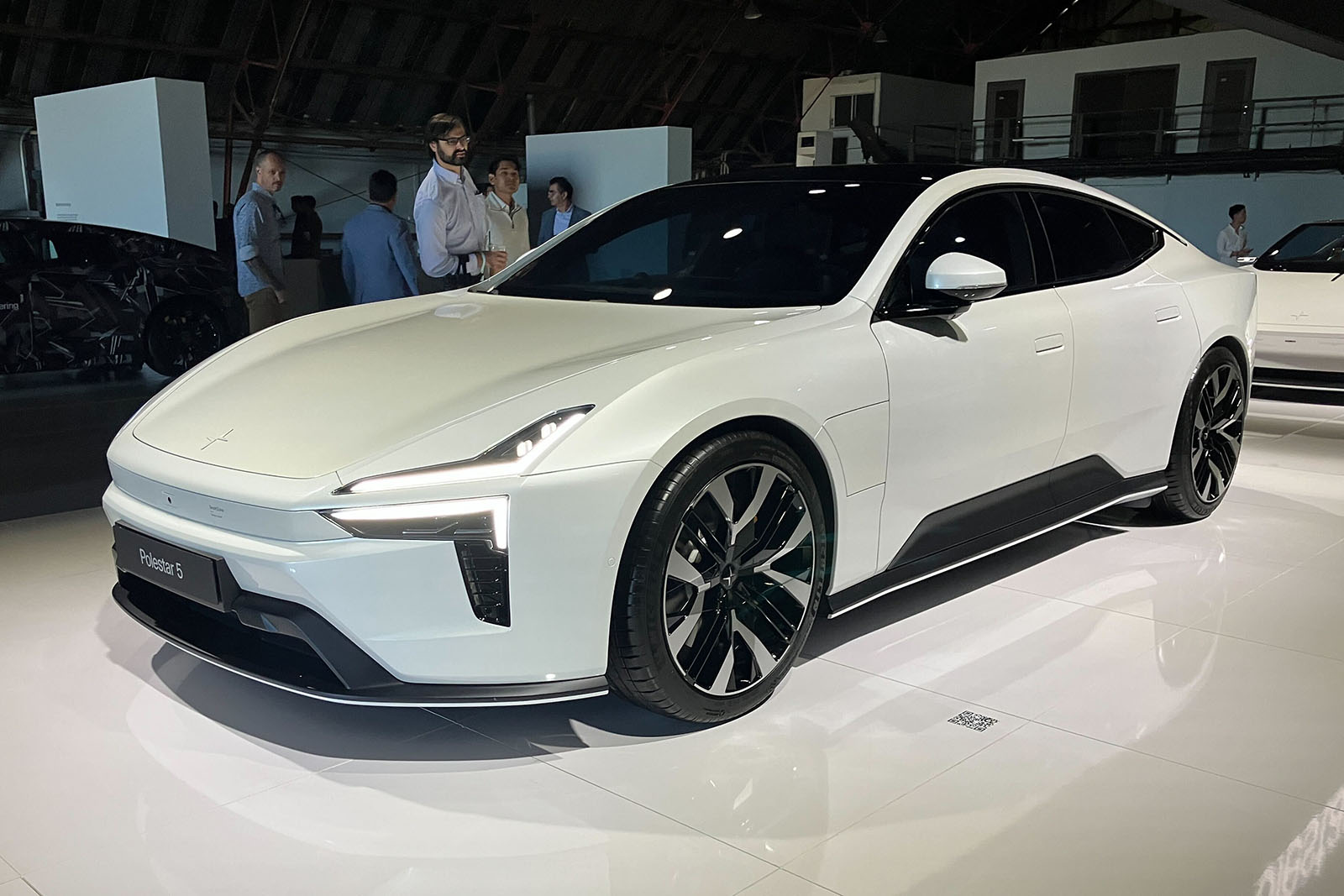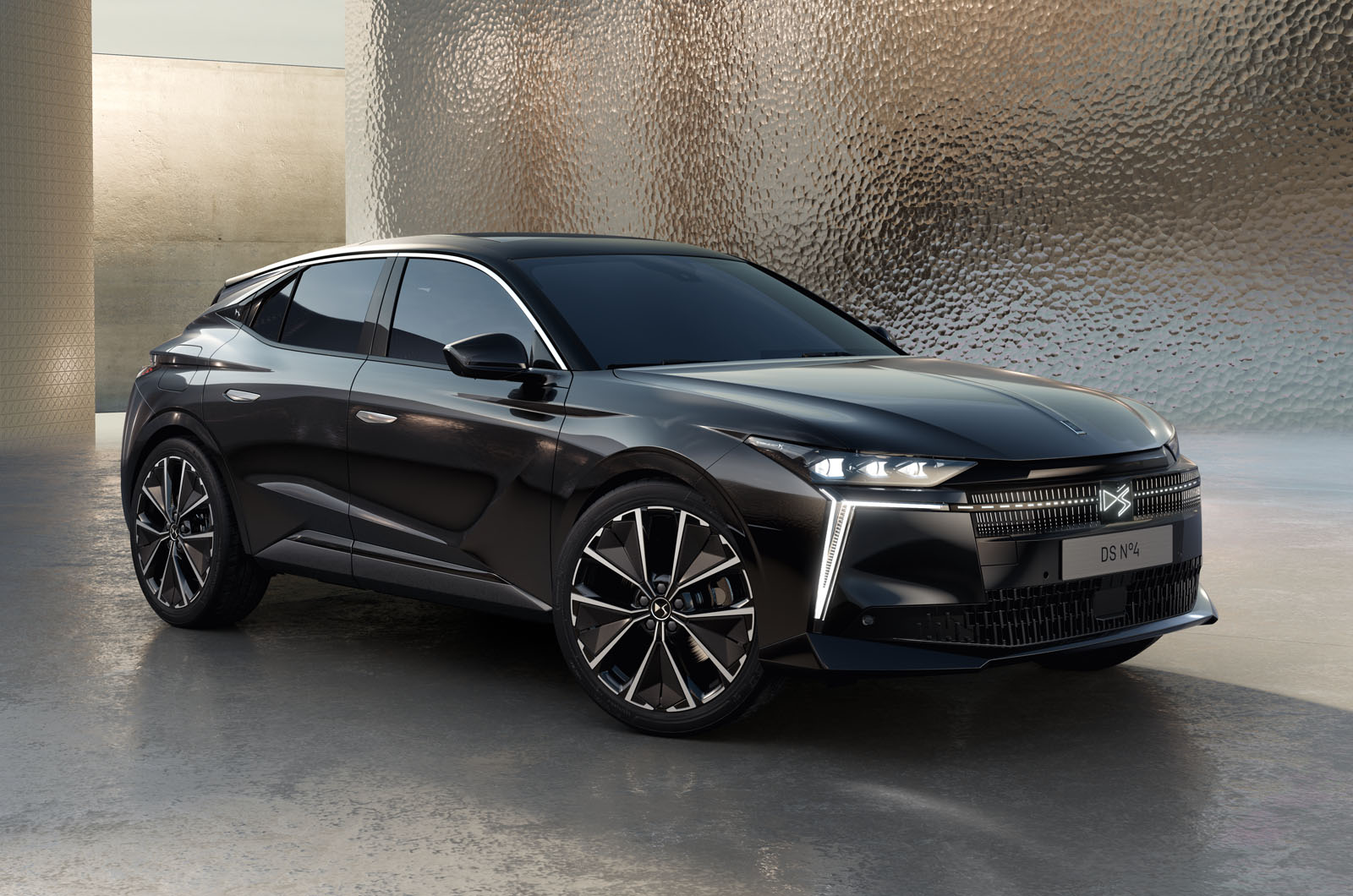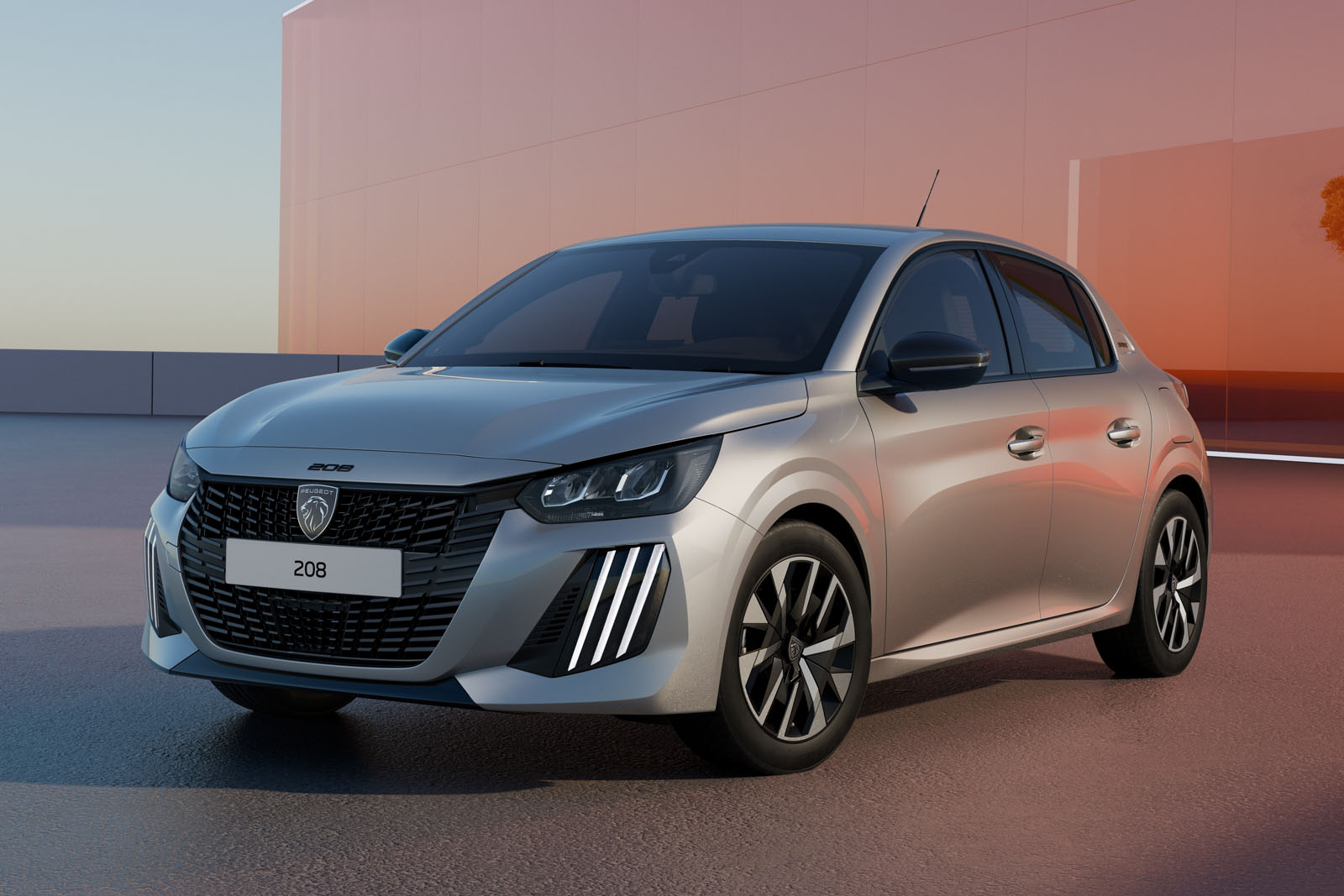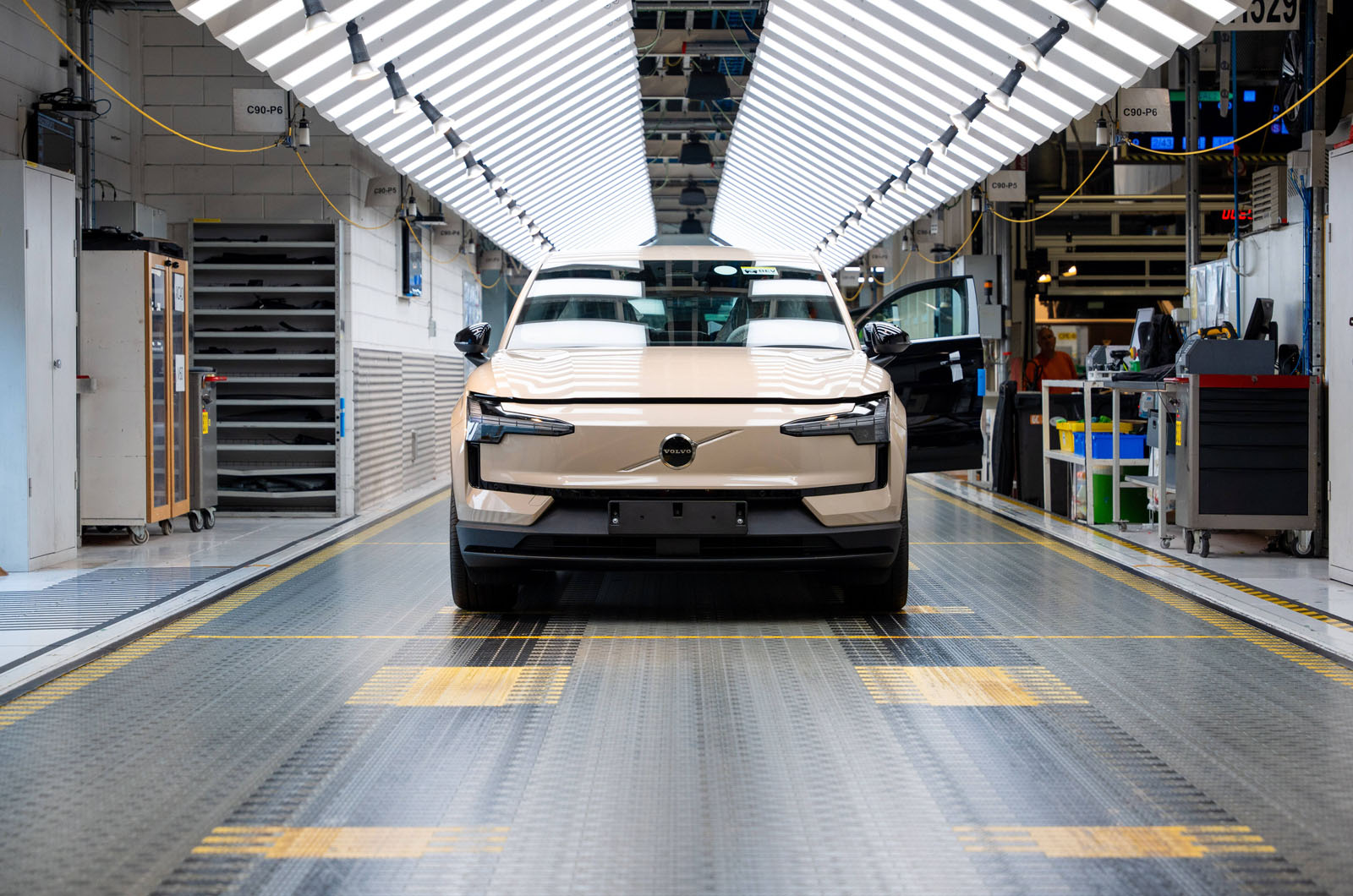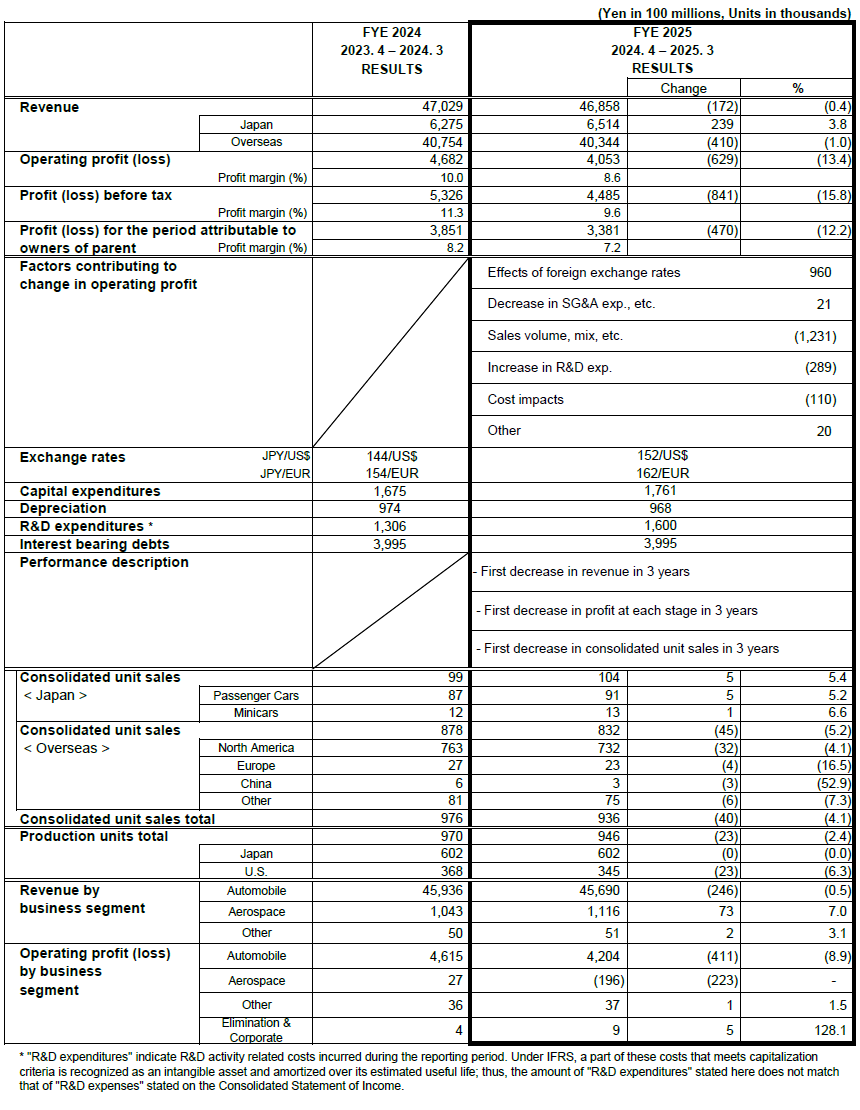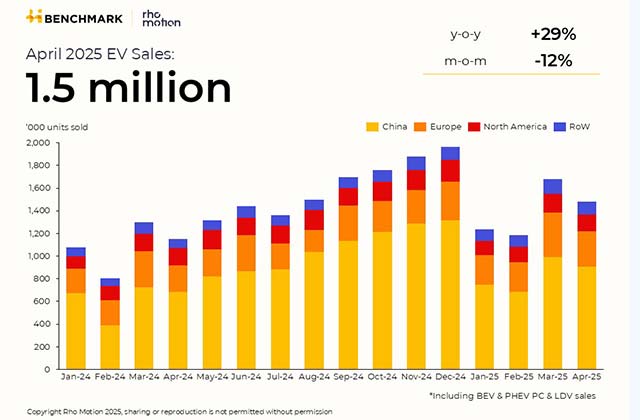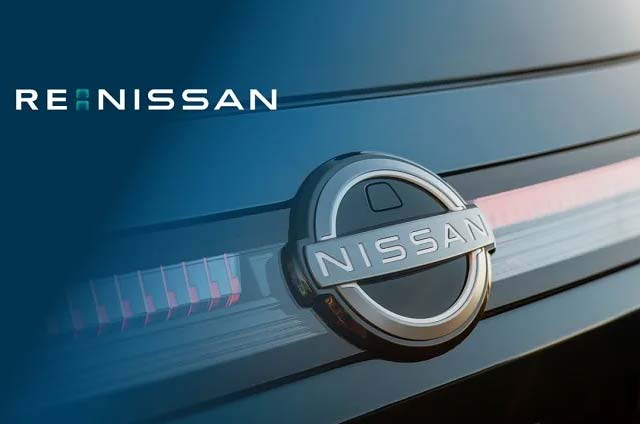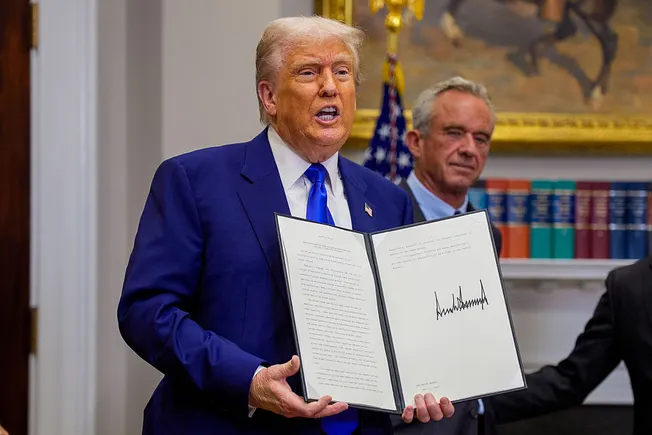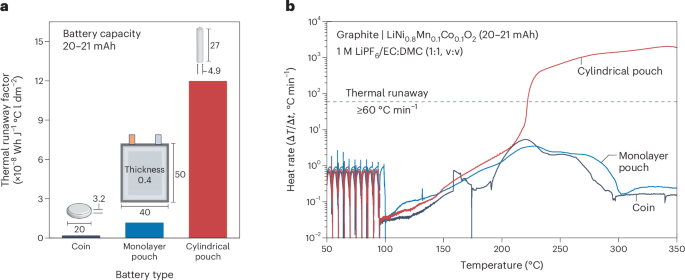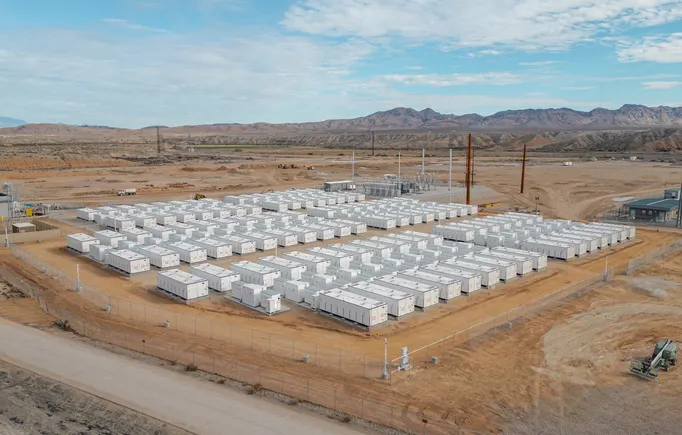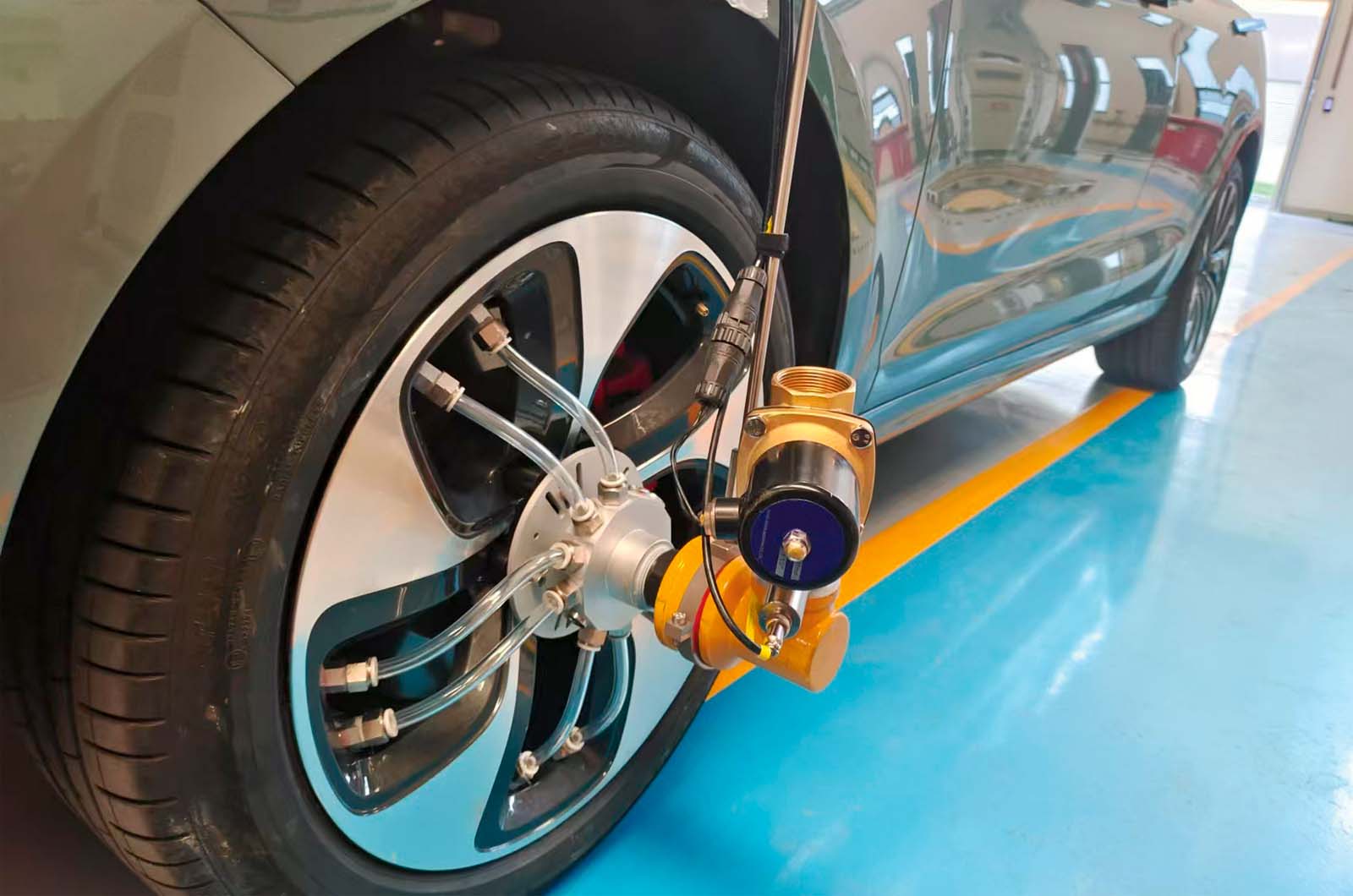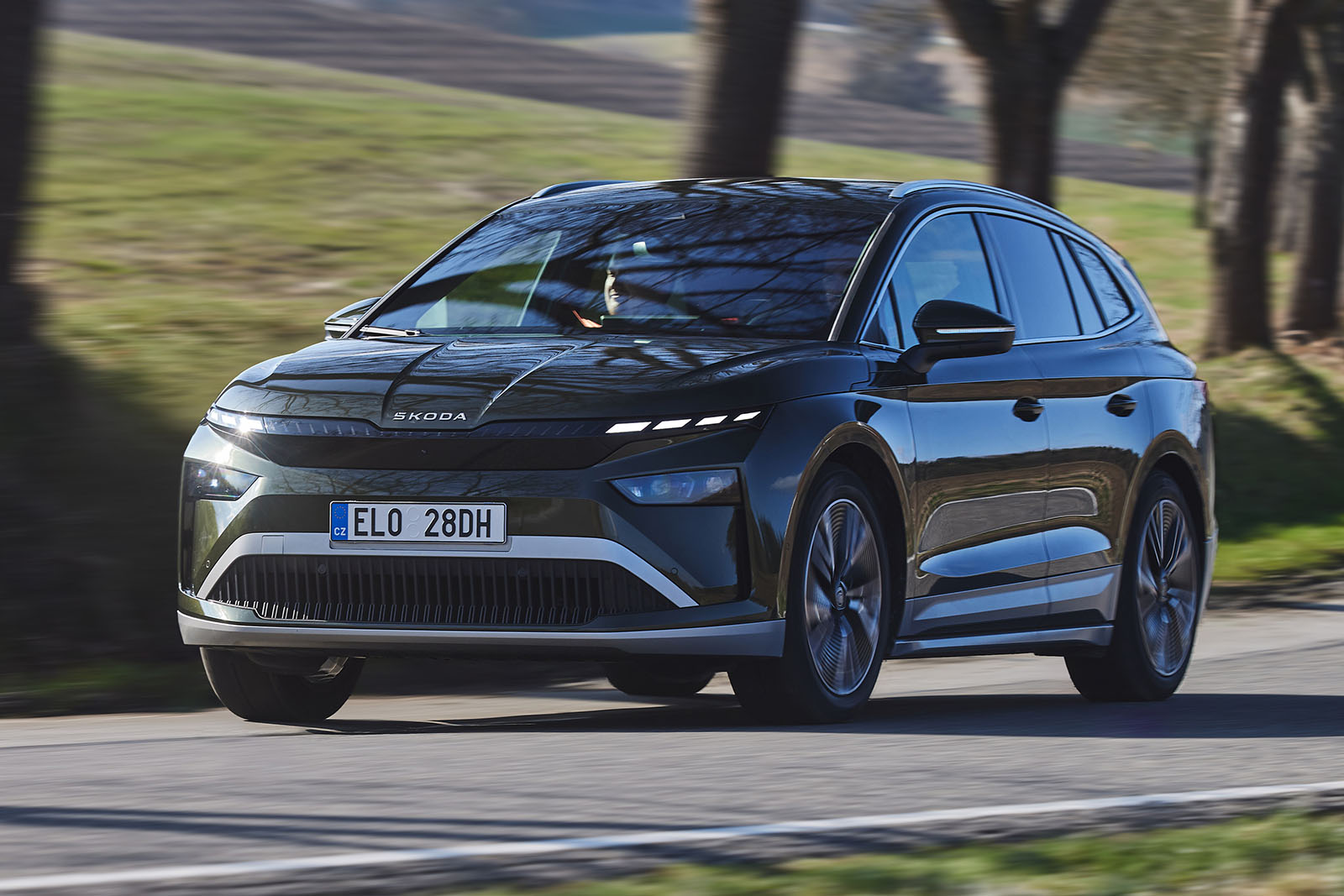Volvo CEO: long-range PHEVs could come to Europe
New XC70 sits between XC60 and XC90 but uses a new REx-oriented platform Cars such as new XC70 could be key in European nations with less EV infrastructure, says Håkan Samuelsson Volvo CEO Håkan Samuelsson says extended-range plug-in hybrids could play an important role in Europe's electrification transition, strengthening the possibility of the new XC70 being sold here. The XC70 was previewed last week as a mid-sized, plug-in hybrid SUV to sit in between the XC60 and XC90, with a claimed electric range of 124 miles - far more than any PHEV the brand currently sells. It will be built in China on a platform supplied by Volvo's parent company Geely, and while it is destined initially for a roll-out in China, Volvo said it was considering a global launch - and now CEO Samuelsson says its extended-range PHEV drivetrain could be a logical addition in European markets. Speaking at the Financial Times Future of the Car conference, he said: "In certain regions in Europe, the charging network will be developed later. If you look into the south and east of Europe, it will be slower - the ones leading are Norway all the way in the west - there, there will be faster transition to electrification. "But in other regions, it's really a good solution to have a long-range hybrid, because if you look into the environmental aspect, if you have a long-range hybrid, the absolute majority of the transport work will be done with electricity. And so in that way, it will be an 'electric car'. "If you have a very short range, a large part of the transport work will be done with the petrol. And then, of course, it's not fossil-free anymore. So a long-range plug in hybrid, I would argue, is an electric car with a back-up engine when the battery is flat, which will happen not so often. "So I think it's a good solution. It's a good bridge and there is a lot of technology in that car which is in common with an all-electric car. "It's a pragmatic bridge solution to wait for our customers to really feel comfortable with an all electric car." He stopped short of confirming in which markets in Europe Volvo could launch the XC70 or other long-range hybrids, nor did he give a timeframe. What is the Volvo XC70? Volvo has revived the XC70 name for a new long-range plug-in hybrid SUV for the Chinese market. It has been designed specifically "to meet the demand for longer-range plug-in hybrids in China" but Volvo also said it will explore "potential additional markets at a later stage". Technical details remain sparse, but Volvo has promised a pure-electric range of up to 124 miles, which is more than double what the similarly sized XC60 PHEV can achieve. The XC70 is described as slightly larger than the XC60 and looks essentially like a downscaled XC90, but rather than being a close technical relation of that car, it is based on a new architecture designed specifically for range-extended electric vehicles (REXs). The Scalable Modular Architecture, or SMA, is said to be "a premium extended-range plug-in hybrid architecture", but no details of its relationship to Volvo's other platforms – or indeed those from the wider Geely group, of which Volvo is a part – have been given. Geely-owned sibling company Lotus is also investing in extended-range hybrids over the coming years in response to lower than anticipated demand for pure-electric luxury cars, and Coventry-based LEVC (also owned by Geely) has been using an REx powertrain in its Volvo-engined TX taxi since 2017. However, while those two firms are using combustion engines as a generator to top up a traction battery, Volvo's new XC70 is a more conventional plug-in hybrid. Nonetheless, the XC70 will help the firm cater to huge demand for extended-range hybrids in China, and its announcement follows the recent unveiling of the new China-oriented Volkswagen ID Era range-extender concept at the Shanghai motor show. That car – similar in size to the XC70 – has been engineered in partnership with MG owner SAIC to target the burgeoning market for RExs in China, with companies like Li Auto, Leapmotor and Avatr among the biggest players. However, like Volvo, Volkswagen's sales and marketing boss told Autocar that a global launch was not off the table: "Range-extenders today are already a very big thing in China. They will be of relevance in North America and we are convinced they will also have relevance in Europe." The XC70 has an especially important role to play for Volvo as the company embarks on a wide-reaching global cost-cutting drive in response to industry "turbulence" and a "challenging external environment". Even amid that turbulence, Volvo said it "remains firm on its ambition of becoming a fully electric car company", but just a fifth of its sales in the first quarter of 2025 were electric, and it said "premium plug-in hybrids provide a pragmatic bridge for customers not yet ready to switch". The XC70 name has been dormant since 2016, when the off-road version of the third-generation
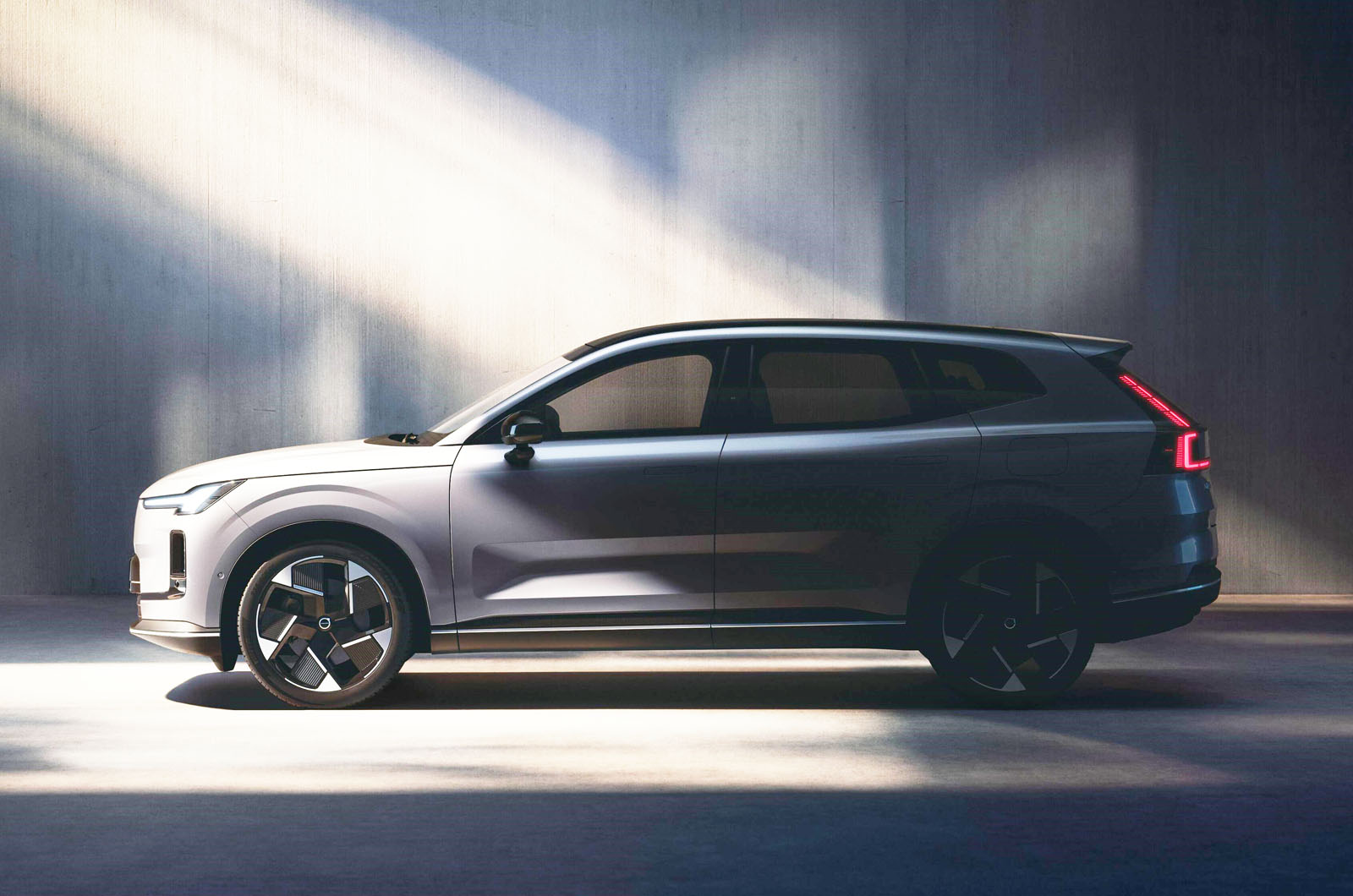

New XC70 sits between XC60 and XC90 but uses a new REx-oriented platformCars such as new XC70 could be key in European nations with less EV infrastructure, says Håkan Samuelsson
Volvo CEO Håkan Samuelsson says extended-range plug-in hybrids could play an important role in Europe's electrification transition, strengthening the possibility of the new XC70 being sold here.
The XC70 was previewed last week as a mid-sized, plug-in hybrid SUV to sit in between the XC60 and XC90, with a claimed electric range of 124 miles - far more than any PHEV the brand currently sells.
It will be built in China on a platform supplied by Volvo's parent company Geely, and while it is destined initially for a roll-out in China, Volvo said it was considering a global launch - and now CEO Samuelsson says its extended-range PHEV drivetrain could be a logical addition in European markets.
Speaking at the Financial Times Future of the Car conference, he said: "In certain regions in Europe, the charging network will be developed later. If you look into the south and east of Europe, it will be slower - the ones leading are Norway all the way in the west - there, there will be faster transition to electrification.
"But in other regions, it's really a good solution to have a long-range hybrid, because if you look into the environmental aspect, if you have a long-range hybrid, the absolute majority of the transport work will be done with electricity. And so in that way, it will be an 'electric car'.
"If you have a very short range, a large part of the transport work will be done with the petrol. And then, of course, it's not fossil-free anymore. So a long-range plug in hybrid, I would argue, is an electric car with a back-up engine when the battery is flat, which will happen not so often.
"So I think it's a good solution. It's a good bridge and there is a lot of technology in that car which is in common with an all-electric car.
"It's a pragmatic bridge solution to wait for our customers to really feel comfortable with an all electric car."
He stopped short of confirming in which markets in Europe Volvo could launch the XC70 or other long-range hybrids, nor did he give a timeframe.
What is the Volvo XC70?
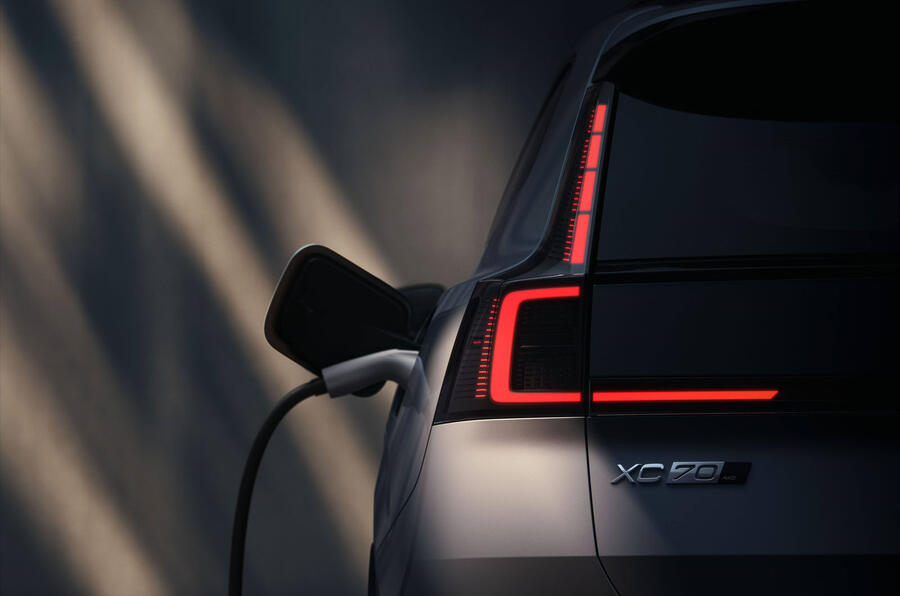
Volvo has revived the XC70 name for a new long-range plug-in hybrid SUV for the Chinese market.
It has been designed specifically "to meet the demand for longer-range plug-in hybrids in China" but Volvo also said it will explore "potential additional markets at a later stage".
Technical details remain sparse, but Volvo has promised a pure-electric range of up to 124 miles, which is more than double what the similarly sized XC60 PHEV can achieve.
The XC70 is described as slightly larger than the XC60 and looks essentially like a downscaled XC90, but rather than being a close technical relation of that car, it is based on a new architecture designed specifically for range-extended electric vehicles (REXs).
The Scalable Modular Architecture, or SMA, is said to be "a premium extended-range plug-in hybrid architecture", but no details of its relationship to Volvo's other platforms – or indeed those from the wider Geely group, of which Volvo is a part – have been given.
Geely-owned sibling company Lotus is also investing in extended-range hybrids over the coming years in response to lower than anticipated demand for pure-electric luxury cars, and Coventry-based LEVC (also owned by Geely) has been using an REx powertrain in its Volvo-engined TX taxi since 2017. However, while those two firms are using combustion engines as a generator to top up a traction battery, Volvo's new XC70 is a more conventional plug-in hybrid.
Nonetheless, the XC70 will help the firm cater to huge demand for extended-range hybrids in China, and its announcement follows the recent unveiling of the new China-oriented Volkswagen ID Era range-extender concept at the Shanghai motor show.
That car – similar in size to the XC70 – has been engineered in partnership with MG owner SAIC to target the burgeoning market for RExs in China, with companies like Li Auto, Leapmotor and Avatr among the biggest players.
However, like Volvo, Volkswagen's sales and marketing boss told Autocar that a global launch was not off the table: "Range-extenders today are already a very big thing in China. They will be of relevance in North America and we are convinced they will also have relevance in Europe."
The XC70 has an especially important role to play for Volvo as the company embarks on a wide-reaching global cost-cutting drive in response to industry "turbulence" and a "challenging external environment".
Even amid that turbulence, Volvo said it "remains firm on its ambition of becoming a fully electric car company", but just a fifth of its sales in the first quarter of 2025 were electric, and it said "premium plug-in hybrids provide a pragmatic bridge for customers not yet ready to switch".
The XC70 name has been dormant since 2016, when the off-road version of the third-generation V70 estate was taken off sale. It was originally called the V70 XC, with 'XC' standing for 'Cross Country'.












